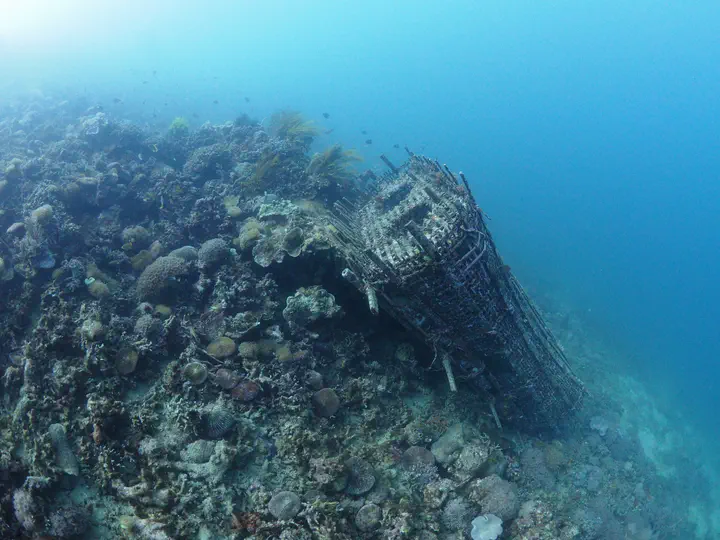Coral Reef Management and Tara Bandu on Ataúro Island: an ecologist's perspective

Abstract
Coral reefs are among the most diverse and threatened ecosystems globally. Timor-Leste lies within the Coral Triangle, the epicenter of marine biodiversity. Coastal marine resources in the Coral Triangle, including coral reefs, provide significant economic and social benefits to the 360 million residents. As a coral ecologist working in Timor-Leste, it became apparent very quickly that the socioeconomic and cultural aspects of Timorese society also affect the coral reefs. Tara bandu as a means of marine conservation is a relatively recent practice in Timor-Leste with the first tara bandu Locally Managed Marine Area (LMMA) implemented in Adara on the west coast of Ataúro Island in 2015. The community in Usubemassau, Beloi suco on the east coast followed suit establishing an LMMA on Haruina in July 2017. Here, tara bandu as a means of marine conservation on Ataúro Island was further investigated in 2019 to attempt to learn more about this movement in addition to identifying what these LMMAs were protecting ecologically. The two main aims of these LMMAs were 1) to preserve fisheries and 2) income generation from the ‘reef tax’ fees received from tourists. The expansion of tara bandu LMMAs to the remaining island communities happened quickly over the next few years. However, the successes of the initial LMMAs were not necessarily transferrable to other communities. Challenges identified in achieving these goals ranged from geography to coordination with SCBUA dive operators. These issues plus potential impacts on the reef are further discussed.